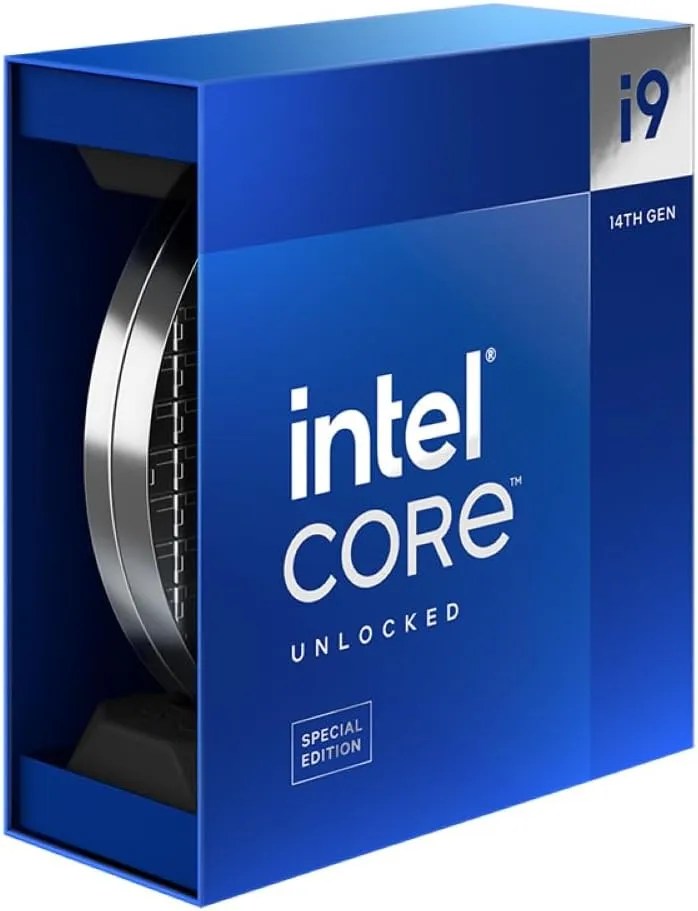Summary
Several recent generations ofIntelCPUs reportedly have a much higher rate of returns than their preceding lines due to hardware failures, according to a newly emerged report. While the data at the root of this claim only comes from Europe, it could very well point to global issues with some ofIntel’s contemporary products.
The problematic lineups are said to be based on the Raptor Lake architecture, which was originally commercialized with Intel’s 13th Generation processors. The first of those hit the market in October 2022.Intel then reused the Raptor Lake architecture for its 14th Generation CPUslaunched a year later.

Intel 13th Gen CPUs Reportedly Have 4 Times Higher Return Rate Than the Previous Gen
A newly emerged report from French outletLes Numeriquessuggests that these processors might be less reliable than the company’s past offerings. Specifically, the13th generation of Intel Core CPUsis currently estimated to have a return rate in the range of 4% and 7% in Europe. The latter figure suggests a fourfold increase compared to the previous generation, whose return rate was in the ballpark of 1.75%. The Raptor Lake Refresh line is understood to not be faring much better, with Les Numeriques reporting that the 14th generation of Intel Core processors currently has a 5.25% return rate, citing retail sources.
For comparison, the European return rates of AMD processors are said to have remained at a stable 1% since 2020. None of these figures account for returns made directly to Intel, which the company isn’t in the habit of publicizing. The real rates could hence be even higher, as it’s theoretically possible to buy a CPU from a European reseller and then file a warranty claim or request a return directly with Intel.
All Intel Processors Reportedly Affected by Higher Return Rates
These historical spikes in return rates are understood to be related to a variety ofcrashing issues with select Intel CPUsthat the company officially acknowledged in late July 2024. The semiconductor manufacturer cited incorrect voltage requests sent by its microcode algorithm as the main reason for the ongoing problems. It also promised to issue a fix in the form of a software patch that is currently targeting a mid-August 2024 release. However, Les Numeriques' retail sources claim that this update will not do anything for the CPUs that have already suffered from these instabilities because the incorrect voltages have physically damaged them.
The ongoing issues are not the first high-profile challenge that the U.S. chipmaker has faced since the turn of the year. Back in February, a first-instance ruling from a German courtbanned Intel from selling some of its older CPUsin the country over alleged infringement of patented voltage regulation technologies.
Intel Core i9 14900KS 24-Core, 32-Thread CPU
The Intel Core i9 14900KS 24-core, 32-thread CPU is Intel’s special edition CPU take on its flagship 14th generation CPU, the Core i9 14900K.It is essentially a cherry-picked 14900K SKU that can push higher clocks with up to a minimum of 6.2 GHz on its P-Cores, making it effectively the highest-clocked CPU out of the box to date when it comes to boost clocks from Intel.It trades at a significant premium as a result and is expected, as a limited-run chip, to be a collectible SKU with high demand from enthusiasts and overclockers in 2024.